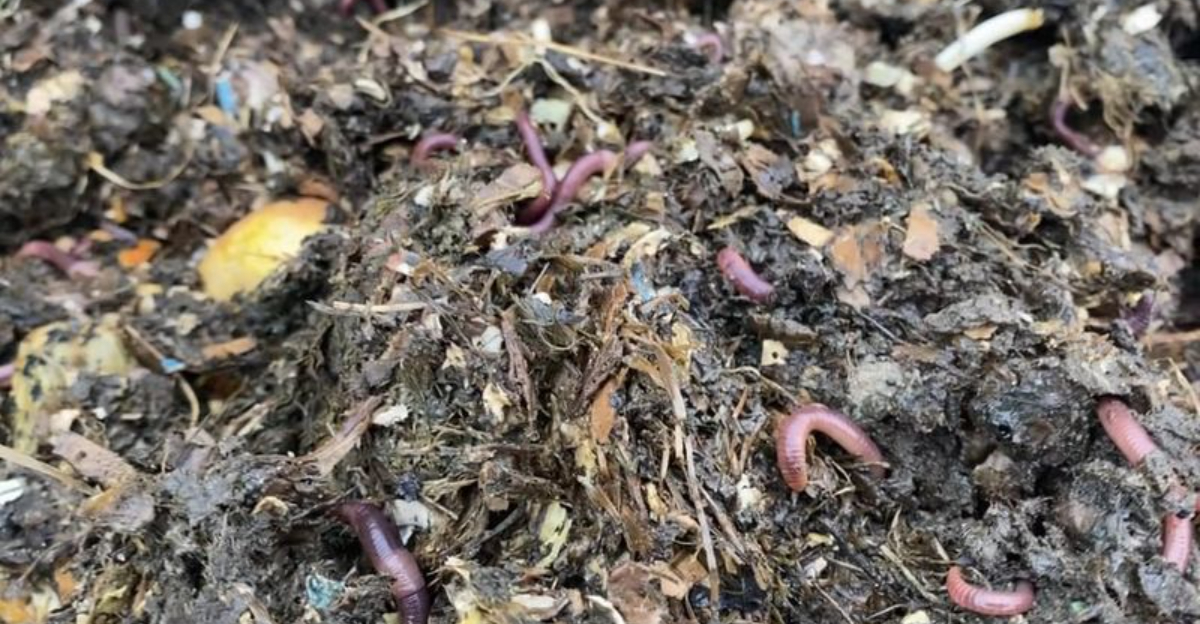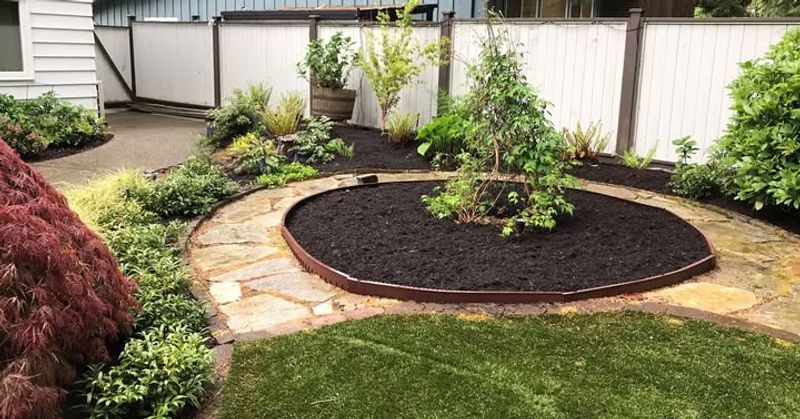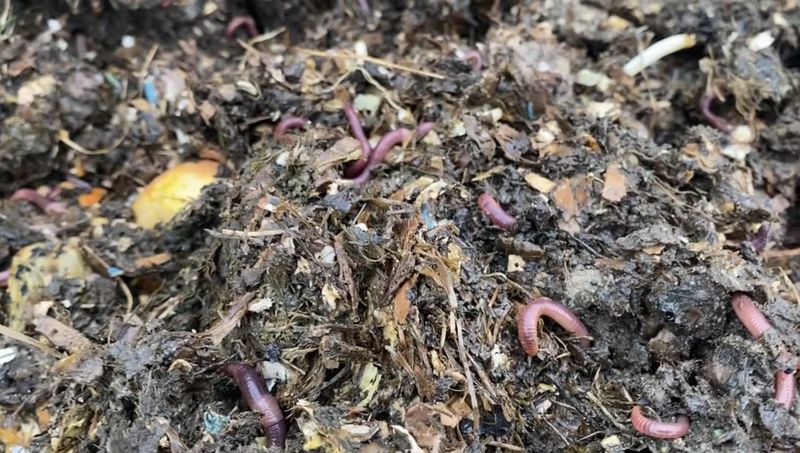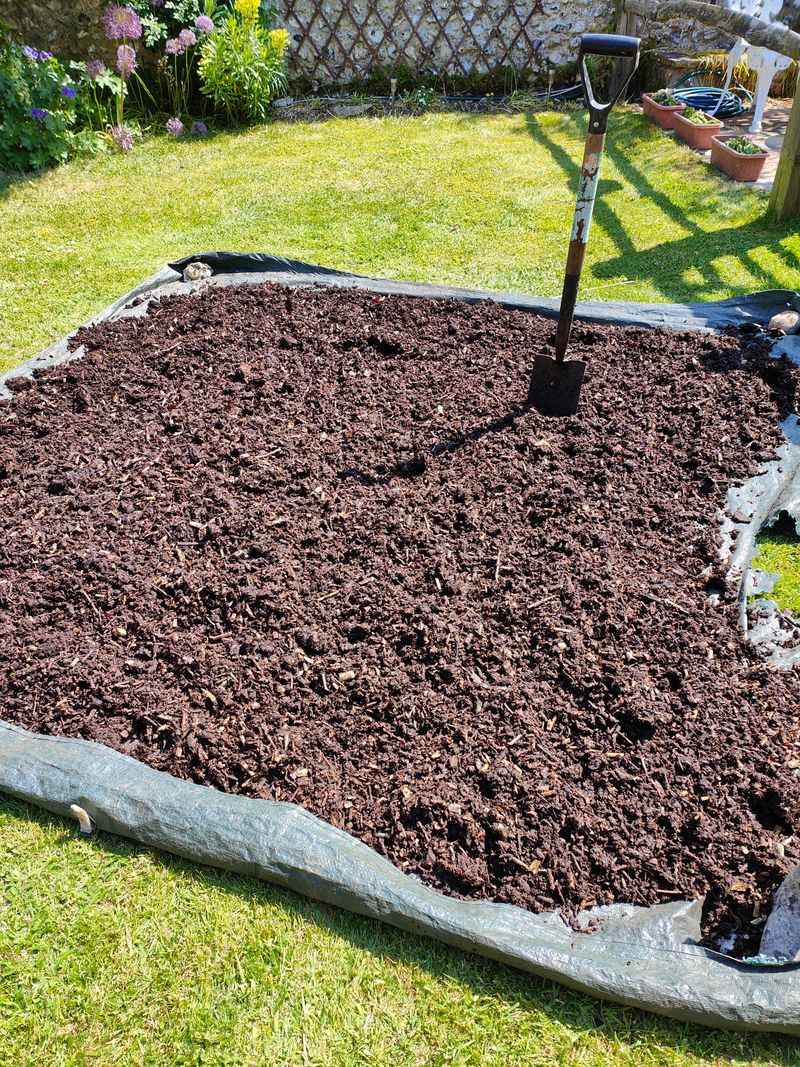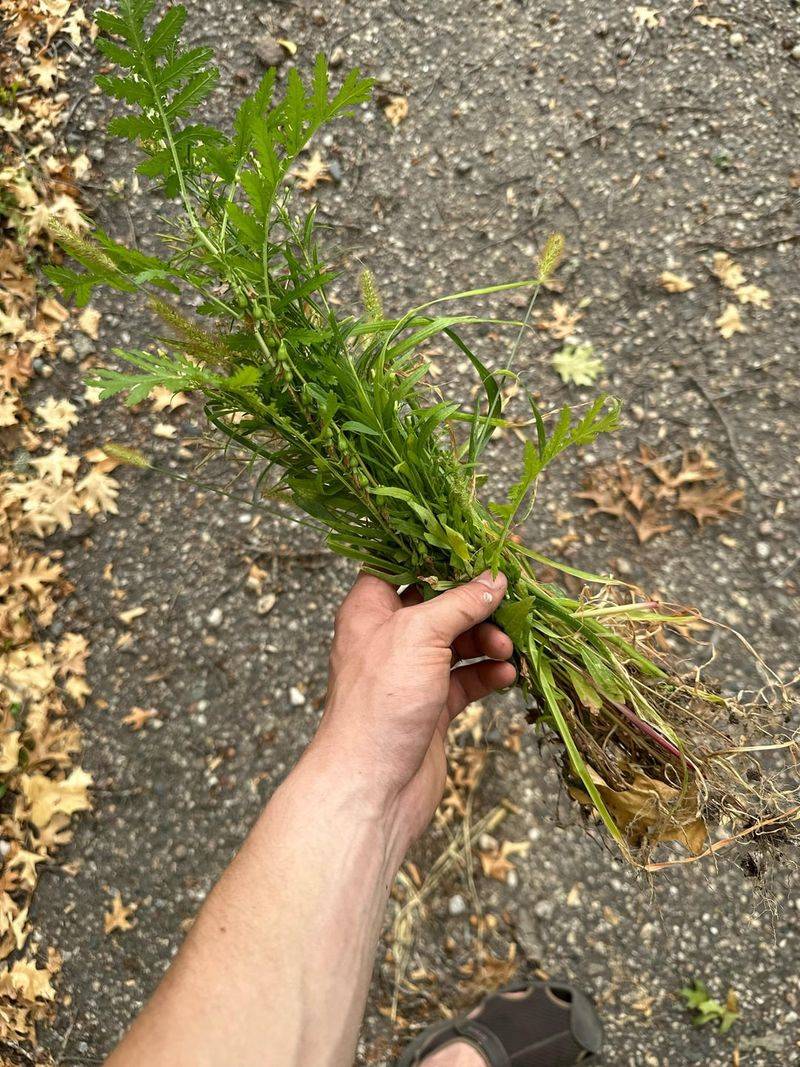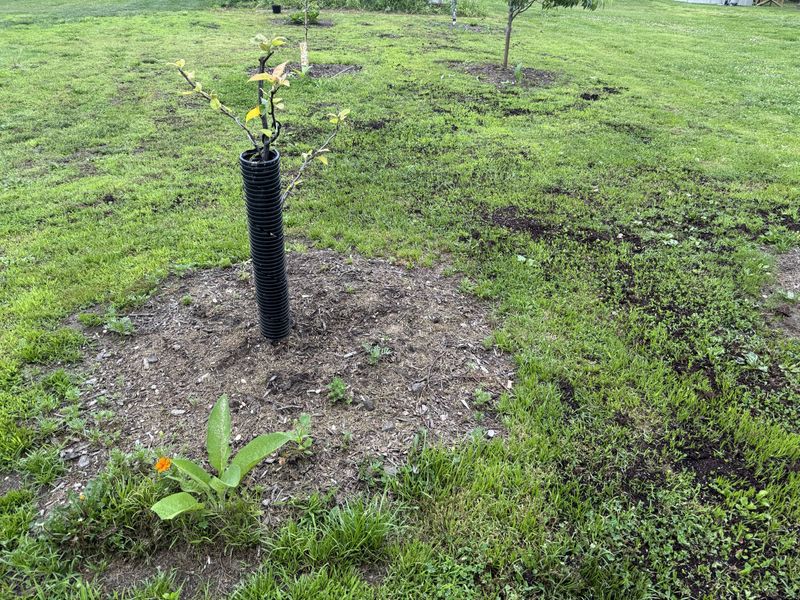Florida’s mild winters create a unique opportunity for gardeners to keep their plants thriving even when temperatures drop. Many experienced growers have discovered that spreading compost on top of the soil, rather than digging it in, provides surprising benefits during the cooler months.
This simple technique protects plants and enriches the soil naturally, making winter gardening more successful and easier to manage.
1. Protects Roots From Temperature Swings
Florida winters are unpredictable, with chilly mornings giving way to warm afternoons that can stress plants. A thick blanket of compost acts like a cozy sweater for your garden’s roots, keeping them insulated when cold snaps arrive.
Without mixing, the layer stays intact and works better at moderating soil temperature. Plants respond by growing stronger root systems that can absorb nutrients efficiently.
Your vegetables and flowers stay healthier because their roots aren’t shocked by sudden temperature changes throughout the season.
2. Feeds Soil Organisms Gradually
Worms, beneficial bacteria, and tiny creatures living in your soil need food to survive and help your plants grow. When you spread compost on top, these helpful organisms can feast on it at their own pace.
They naturally pull nutrients down into the soil as they move and digest the organic matter. Mixing disturbs their homes and can actually slow down their important work.
Over time, your soil becomes richer and more alive with activity that supports vigorous plant growth all winter long.
3. Prevents Moisture Loss During Dry Spells
Winter in Florida doesn’t always mean rain, and dry periods can leave garden soil parched and cracked. Compost spread across the surface creates a protective shield that stops water from evaporating too quickly.
Your plants can access moisture for longer periods between waterings, which saves you time and reduces your water bill. The organic material soaks up rain when it does fall, holding it like a sponge.
Gardens stay hydrated more consistently, helping winter crops produce better yields without constant irrigation attention.
4. Stops Weeds Before They Start Growing
Nobody enjoys pulling weeds when they’d rather be harvesting fresh vegetables or admiring flowers. A generous layer of compost blocks sunlight from reaching weed seeds hiding in the soil below.
Without light, most weeds simply can’t germinate and cause problems in your garden beds. The few that do poke through are easier to pull because the loose compost doesn’t grip their roots tightly.
You’ll spend less time fighting unwanted plants and more time enjoying your successful winter garden throughout the cooler season.
5. Builds Better Soil Structure Over Time
Sandy Florida soil often struggles to hold nutrients and can wash away during heavy rains. Spreading compost on top allows it to break down naturally and improve soil texture gradually without disrupting existing plant roots.
As earthworms and microbes incorporate the organic matter, your soil becomes fluffier and better at holding both water and nutrients. Tilling or mixing can actually damage soil structure you’ve worked hard to build.
Season after season, your garden becomes easier to work with and more productive for growing winter vegetables and flowers.

